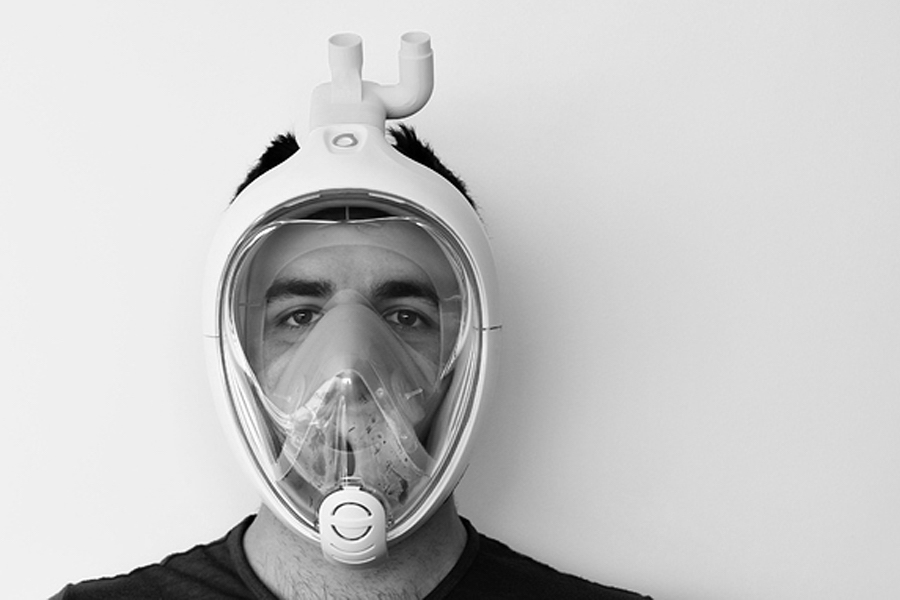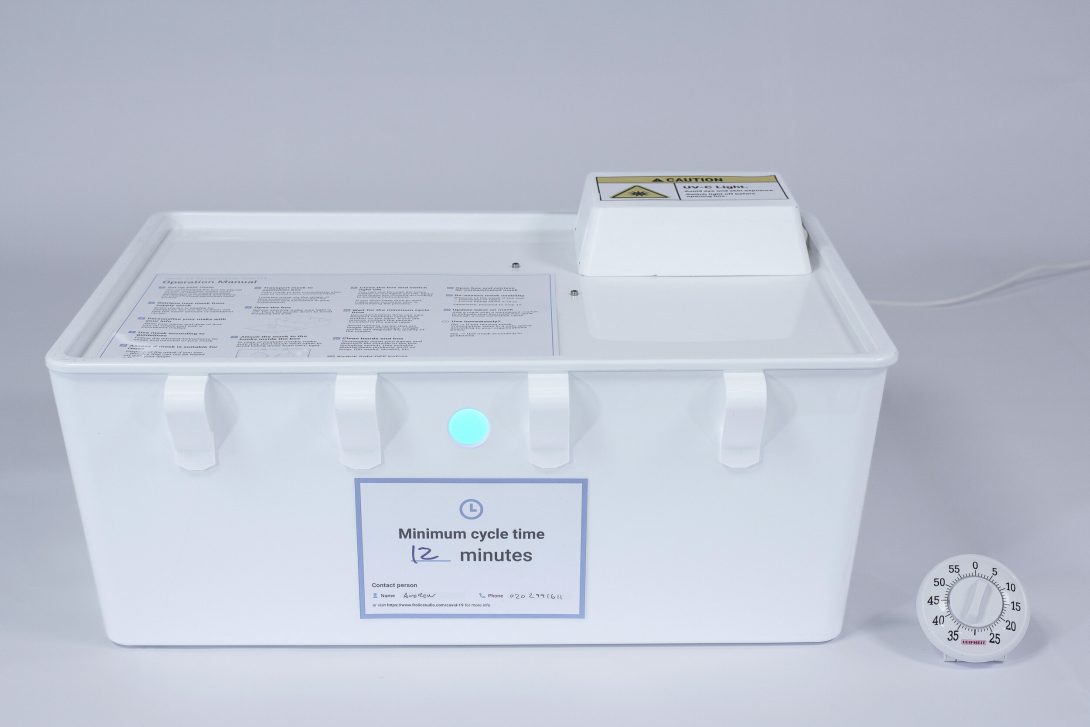Events

Useful information
- Date
- Friday 17th April 2020
- Opening hours
- 4:00pm — 5:00pm
- Venue
- Pakhuis de Zwijger
- Price
- Free
About the event
From design to mass 3D printing and lasercutting: how can the distributed design community help right now?
In this time of COVID-19, Distributed Design has quickly become our reality out of necessity. Fab Labs and maker spaces are distributing machines, companies are collaborating, and designers worldwide are opening their processes to rapidly design, and many individuals want to help and innovate health and wellbeing equipment in response to the crisis on a global scale. For one, Distributed design and Digital fabrication can help overcome supply problems in a crisis.
For effectively supporting the fight against COVID-19, you need to know however where your help really has an impact on the medical needs. Also, this crisis has given rise to the need for an international design language that is clear and communicable at distance.
Join the online conversation organized by the Distributed Design Market Platform’s member Pakhuis de Zwijger:
? Meet the speakers
?? Paulien Melis
Program developer Creative Care Lab at Waag
Creative Care
Waag’s MakeHealth Lab and Creative Care Lab brings together those in need of healthcare solutions with designers, makers, and professionals in healthcare. Together, these experts go through the design and production process to produce personalised healthcare tools, solutions, aids or adjustments in care services that actually meet the needs of the intended recipients. In this crisis, there is overwhelming support from the design community, but it’s difficult to distinguish between initiatives that actually save lives and well-intentioned ideas, which may pose a risk to health and pressure on hospitals. Paulien Melis emphasis the importance of design sensibility and thorough (medical) research.
?? Pieter van Boheemen Hacker
Artist, engineer & researcher at Rathenau Institute
Reusable Full-Face Snorkel Mask PPE Project
While experts point out that the coronavirus is likely to spread through the air, healthcare workers are currently walking around with surgical masks unable to filter airborne virus particles. With a snorkel mask attached to a certified filter, you may be fully protected. Pieter van Boheemen is working on a design based on the work of Stanford’s Prakash Lab, who works with scientists from the Swiss EPFL, the 3D printing firm FormLabs and anesthetists from the Utah School of Medicine plus a group of enthusiasts from all over the world. The setup is based on Decathlon’s Easybreath snorkel mask. The store has stopped selling masks to private individuals to make them available for health workers.
?? Ismael Velo Feijoo
Product designer at FROLIC Studio
COVID-19 Decontamination Toolkit
As a design studio, FROLIC wanted to put their resources and network towards COVID-19 critical challenges. They made a call-out and 130 volunteers came forth to offer their skills, in addition to dozens of medical healthcare workers and people on the frontline who shared their stories. Using the knowledge gained from conducting in-depth research and interviews with healthcare workers and organisations, FROLIC designed a DIY Decontamination Toolkit based on IKEA’s KUGGIS box, which can be put together for around 50 euros and uses UV-C light to sterilise and extend the life of protective face masks. You can find the complete toolkit, including background information, equipment checklist and assembly instructions here. Product designer Ismael Velo Feijoo will give you some insights in their design research and -process.
?? Erik Cederberg
3DVerkstan
Their studio’s goal is to make additive manufacturing the most value-adding manufacturing technology of this century. Their open source face shield design is adopted around the globe by architecture firms, design studio’s and maker labs who are using their 3D printers to fabricate thousands of copies to deliver to hospitals.
